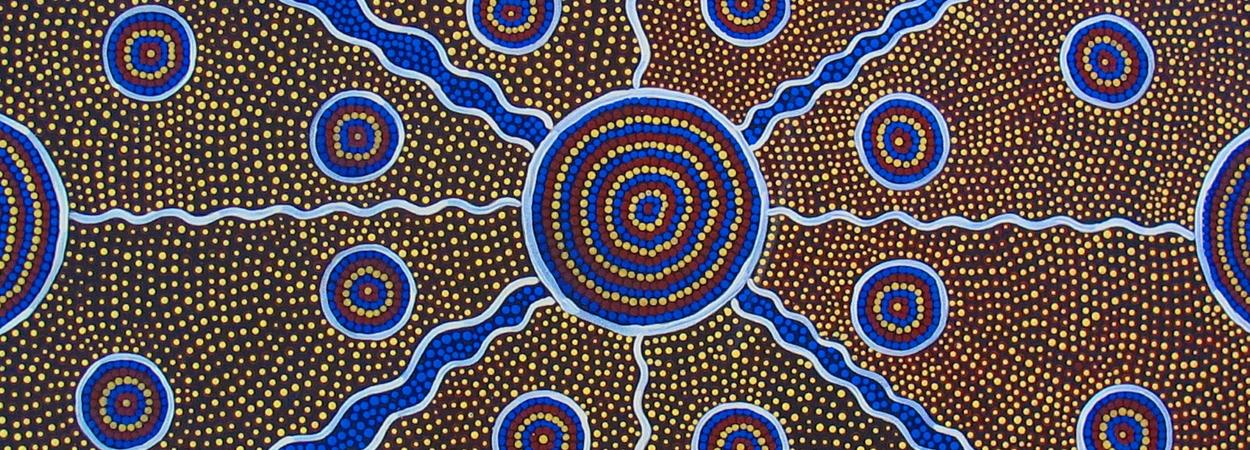“Critical Investigations of Resilience:
A Brief Introduction to Indigenous Environmental Studies & Sciences”
Kyle Whyte
Abstract of article published in Daedalus 147, no. 2 (Spring 2018): 136-147:
Indigenous peoples are among the most active environmentalists in the world, working through advocacy, educational programs, and research. The emerging field of Indigenous Environmental Studies and Sciences (IESS) is distinctive, investigating social resilience to environmental change through the research lens of how moral relationships are organized in societies. Examples of IESS research across three moral relationships are discussed here: responsibility, spirituality, and justice. IESS develops insights on resilience that can support Indigenous peoples’ struggles with environmental justice and political reconciliation; makes significant contributions to global discussions about the relationship between human behavior and the environment; and speaks directly to Indigenous liberation as well as justice issues impacting everyone. Read the full article here.
Indigenous Lifeways and Ecology
John A. Grim, Yale University
Certain qualifying considerations need to be made in any discussion of Indigenous religions. The term “Indigenous” is a generalized reference to the thousands of small-scale societies who have distinct languages, kinship systems, mythologies, ancestral memories, and homelands. These different societies comprise more than 500 million people throughout the planet today. Since these societies are extremely diverse, any general remarks are suspect of imposing ideas and concepts on them. Indigenous religions do not constitute a “world religion” in the same way as, for example, Buddhism or Christianity. This lack of a central authoritative organization or theistic doctrine has been used to marginalize or reject Indigenous spiritual ways. Central to Indigenous traditions, however, is an awareness of the integral and whole relationship of material, semiotic, and spiritual life. Ritual practices and the cosmological ideas that undergird society cannot be separated out as an institutionalized religion from the daily round of subsistence practices. Thus, it is not simply proximity or simplicity of relationship to local bioregions that makes Indigenous life and thought so significant for human-Earth relations in the 21st century, but rather human life lived responsibly and respectfully with the whole of the Earth community. The term, lifeway, points towards these insights into the many holistic contexts that ground traditional environmental knowledge evident in the cosmologies of Indigenous peoples. Cosmologies, or oral narrative stories, transmit the worldview values of the people and describe the web of human activities within the powerful spirit world of a local bioregion. In this sense, to analyze religion as a separate system of beliefs and ritual practices apart from subsistence, kinship, language, governance, and landscape is to misunderstand Indigenous religion. READ MORE HERE.
See also this related article by Grim:
“Recovering Religious Ecology with Indigenous Traditions.”
Header photo credit: Australian aboriginal Papunya art

